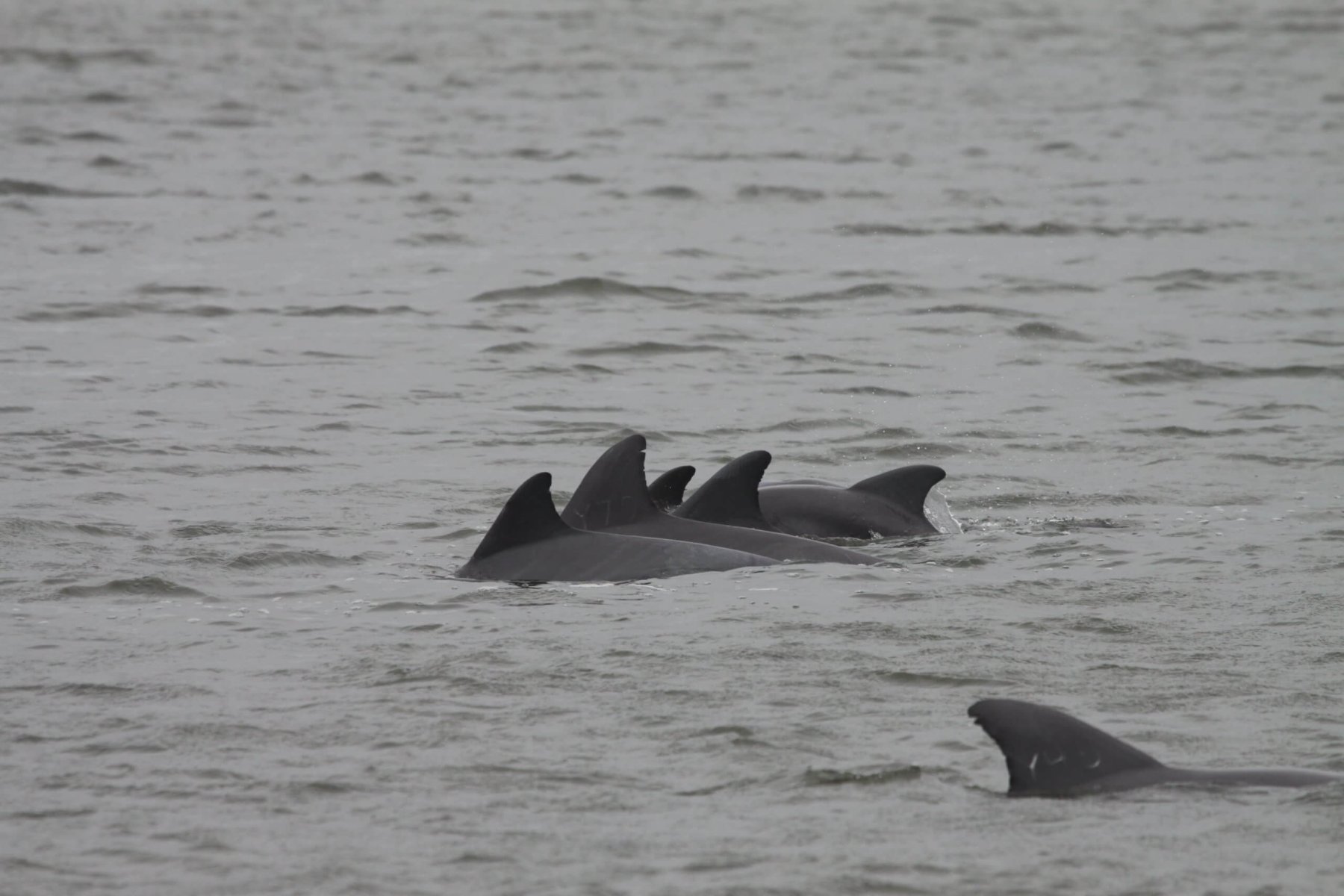Report on the Revision of the EU Strategy for the Baltic Sea Region (EUSBSR) Action Plan: Policy Area Culture
1.0 Introduction
The European Union Strategy for the Baltic Sea Region (EUSBSR) is implemented via a dynamic Action Plan that details the objectives and activities for its 14 Policy Areas. A regular revision process is undertaken to ensure the Action Plan remains aligned with current challenges and opportunities within the region. This report details the ongoing revision process for Policy Area (PA) Culture, focusing on the call for stakeholder input and its alignment with the United Nations’ Sustainable Development Goals (SDGs).
2.0 Strategic Alignment with Sustainable Development Goals (SDGs)
The revision of the PA Culture Action Plan presents a critical opportunity to reinforce the cultural sector’s contribution to the 2030 Agenda for Sustainable Development. Stakeholder input is sought to ensure that future cultural cooperation directly supports the achievement of key SDGs in the Baltic Sea Region. The strategic focus includes:
- SDG 11 (Sustainable Cities and Communities): Strengthening efforts to protect and safeguard the region’s unique cultural and natural heritage, making communities more inclusive, safe, resilient, and sustainable.
- SDG 8 (Decent Work and Economic Growth): Promoting the cultural and creative industries as drivers of sustainable and inclusive economic growth and job creation.
- SDG 4 (Quality Education): Enhancing cultural literacy and leveraging cultural activities to support lifelong learning opportunities for all.
- SDG 16 (Peace, Justice, and Strong Institutions): Utilizing cultural diplomacy and intercultural dialogue to build trust, foster mutual understanding, and strengthen regional cooperation and stability.
- SDG 17 (Partnerships for the Goals): The consultation process itself embodies this goal by activating multi-stakeholder partnerships to create a more effective and impactful Action Plan.
3.0 Call for Stakeholder Contribution
Policy Area Culture formally invites all cultural stakeholders in the Baltic Sea Region to contribute to the 2024–2025 update of the EUSBSR Action Plan. Feedback provided through this consultation will be instrumental in identifying and prioritizing the region’s most significant cultural challenges and opportunities, ensuring the updated plan is both effective and sustainable.
4.0 Process and Timeline
- Objective: To gather expert insights and priorities from cultural stakeholders to inform the revision of the PA Culture Action Plan.
- Scope: The feedback will guide PA Culture’s strategic direction and operational activities for the upcoming period.
- Implementation: The newly revised Action Plan is scheduled to take effect in 2026.
5.0 Required Action and Resources
Stakeholders are encouraged to participate in this strategic revision to shape the future of impactful cultural cooperation in the region. Participation is facilitated through a dedicated survey.
- Participate in the Survey: Stakeholders can submit their insights via the official survey form.
- Policy Area Information: Further details on PA Culture are available on the EUSBSR website.
- General Process Information: An overview of the EUSBSR Action Plan update process can be found here.
1. Which SDGs are addressed or connected to the issues highlighted in the article?
-
SDG 11: Sustainable Cities and Communities
The article is centered on the “Policy Area Culture” within the EU Strategy for the Baltic Sea Region (EUSBSR). Its purpose is to gather feedback to address the region’s “most pressing cultural challenges and opportunities.” This directly relates to the preservation and promotion of culture as a key component of sustainable communities.
-
SDG 16: Peace, Justice and Strong Institutions
The article describes a process for revising the “EUSBSR Action Plan.” It emphasizes a participatory approach by “welcoming input from the respective stakeholders” and inviting them to “share your thoughts and priorities.” This process of inclusive decision-making is fundamental to building effective and accountable institutions.
-
SDG 17: Partnerships for the Goals
The EUSBSR itself is a multi-stakeholder partnership framework. The article’s call to action aims to strengthen this by fostering “impactful cultural cooperation” among “culture stakeholder[s] in the Baltic Sea Region.” This collaborative effort to update a strategic action plan is a clear example of a regional partnership for sustainable development.
2. What specific targets under those SDGs can be identified based on the article’s content?
-
Target 11.4: Strengthen efforts to protect and safeguard the world’s cultural and natural heritage
The article’s focus on the “Policy Area Culture” and its goal to address “cultural challenges and opportunities” directly aligns with this target. By revising the Action Plan based on stakeholder input, the EUSBSR is actively strengthening its strategic efforts to manage and protect the cultural heritage of the Baltic Sea Region.
-
Target 16.7: Ensure responsive, inclusive, participatory and representative decision-making at all levels
This target is demonstrated by the core action described in the article: a survey designed to gather stakeholder feedback. The text explicitly invites stakeholders to “Shape the future of the Baltic Sea Region,” asks for “your contribution,” and states that “Your feedback will help guide the Policy Area’s work.” This is a direct mechanism for inclusive and participatory decision-making in the revision of the EUSBSR Action Plan.
-
Target 17.17: Encourage and promote effective public, public-private and civil society partnerships, building on the experience and resourcing strategies of partnerships
The entire initiative is an example of a multi-stakeholder partnership. The EUSBSR, through its “Policy Area Culture,” is actively engaging with “culture stakeholder[s]” to create “impactful cultural cooperation.” The survey is a tool to build on the experience of these stakeholders to make the partnership more effective and its Action Plan more relevant.
3. Are there any indicators mentioned or implied in the article that can be used to measure progress towards the identified targets?
-
Indicator for Target 11.4
An implied indicator is the “updated Action Plan” itself, which is “set to take effect in 2026.” The content, scope, and specific actions outlined in this revised plan will serve as a direct measure of the strengthened efforts to protect and promote culture in the region.
-
Indicator for Target 16.7
The article implies that the level of stakeholder participation in the survey is a key indicator. The call to “Take a moment to complete the survey” and the provision of a link to a “Survey Form” suggest that the number and diversity of responses from “culture stakeholder[s] in the Baltic Sea Region” will be used to measure the inclusiveness of the revision process.
-
Indicator for Target 17.17
The primary indicator is the successful development and implementation of the “updated EUSBSR Action Plan” through “impactful cultural cooperation.” The functioning of this collaborative process, where stakeholder feedback is integrated into strategic planning, serves as an indicator of an effective regional partnership.
4. Create a table with three columns titled ‘SDGs, Targets and Indicators” to present the findings from analyzing the article. In this table, list the Sustainable Development Goals (SDGs), their corresponding targets, and the specific indicators identified in the article.
| SDGs | Targets | Indicators |
|---|---|---|
| SDG 11: Sustainable Cities and Communities | 11.4: Strengthen efforts to protect and safeguard the world’s cultural and natural heritage. | The content and specific actions outlined in the “updated Action Plan” for the Policy Area Culture. |
| SDG 16: Peace, Justice and Strong Institutions | 16.7: Ensure responsive, inclusive, participatory and representative decision-making at all levels. | The level of stakeholder engagement and the number of contributions received through the survey from “culture stakeholder[s] in the Baltic Sea Region.” |
| SDG 17: Partnerships for the Goals | 17.17: Encourage and promote effective public, public-private and civil society partnerships. | The successful revision of the EUSBSR Action Plan as a result of “impactful cultural cooperation” between the EU body and regional stakeholders. |
Source: goethe.de







